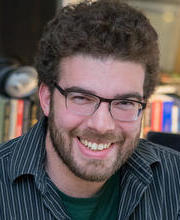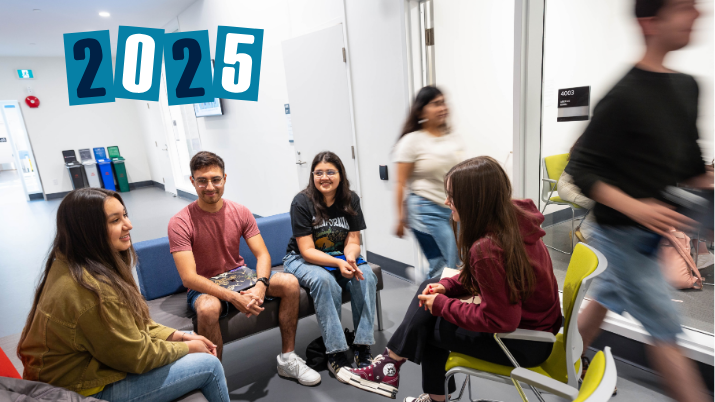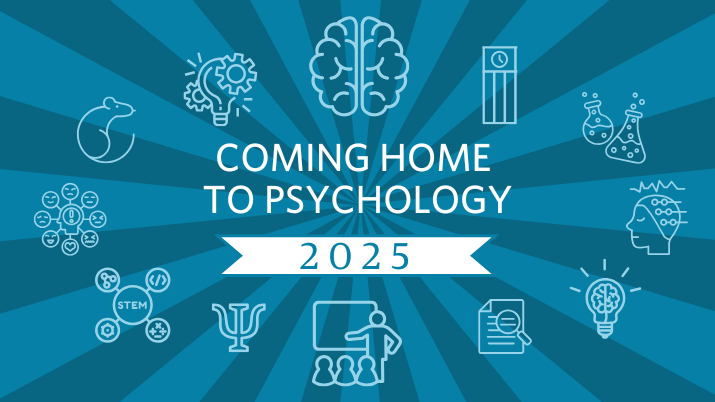

TITLE
Psychological functions of music in infancy and beyond
ABSTRACT
In 1871, Darwin wrote, “As neither the enjoyment nor the capacity of producing musical notes are faculties of the least use to man … they must be ranked among the most mysterious with which he is endowed.” Infants and parents worldwide engage their mysterious musical faculties eagerly and frequently, unlike any other species, and have done so throughout recorded history. Why should this be? In this talk I propose that infant-directed song functions as an honest signal of parental investment (Mehr & Krasnow, 2017). Three lines of work support this proposal. First, I show that the genomic imprinting disorders Prader-Willi and Angelman syndromes, which cause an altered psychology of parental investment, are associated with an altered psychology of music (Mehr et al., 2017; Kotler et al., 2019). Second, I analyze ethnographic texts and audio recordings with tools of data science, finding that vocal music appears in 100% of a representative sample of human societies and is reliably associated with the care of infants and children therein. Moreover, infant-directed songs are recognizable by massive cohorts of naïve listeners, a result driven by acoustic features of the singing that consistently differentiate the infant-directed songs from other songs, worldwide (Mehr et al., in press; Mehr et al., 2018). Last, I show that infants are sensitive to these reliably-occurring acoustic features: despite their unfamiliarity, infants are calmed by foreign lullabies (Bainbridge & Youngers et al., in prep). These findings converge on a psychological function of music in infancy that may underlie more general features of the human music faculty, laying the foundation for a comprehensive psychology of music.
ABOUT




